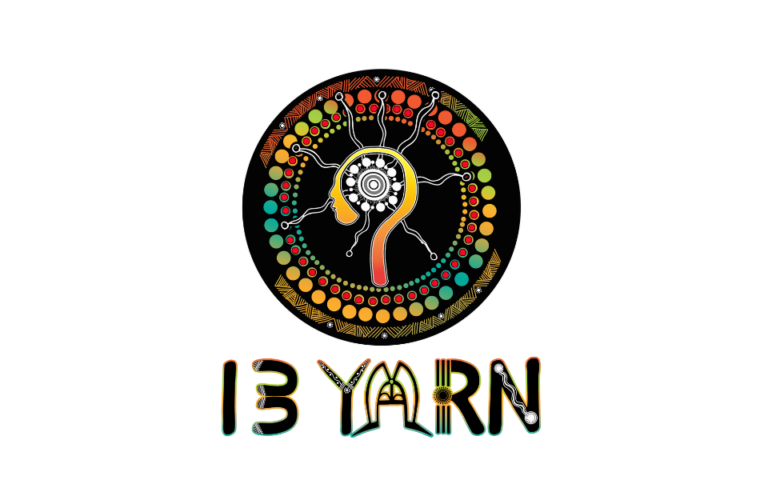Emotional abuse can be devastating and can cause harm to your mental health. Learn how to spot the signs and find out where to get help.
Also known as psychological abuse, emotional abuse is when a person aims to maintain power or control over another person through verbal threats and actions.
Someone who is emotionally abusing you may try to control you, isolate you or scare you. Their behaviour is usually persistent and aims to undermine your self-esteem.
“Emotional abuse can occur between partners or family members. It can also occur in other situations, like the workplace.”
Emotional abuse can occur between partners or family members. It can also occur in other situations, like the workplace.
Emotional abuse can be just as damaging as physical abuse and can have severe mental health implications for the person experiencing the abuse. The effects of emotional abuse can last a long time.
If you feel like you are in an emotionally abusive relationship, it’s important to talk to someone you trust. You don’t have to put up with emotional abuse and there is help available.
Signs of emotional abuse
Emotional abuse can come in many forms and is often characterised by persistent, consistent behaviour.
Someone who is emotionally abusing you may do any of the following regularly:
- call you names, insult you or humiliate you in front of others
- belittle your achievements
- reject your ideas and make you feel inadequate
- pretend you are not there
- make you doubt your feelings, thoughts and sanity
- restrict your freedom by controlling your movements
- control your money or food
- make you feel scared
- monitor your movements or social media
- treat you like a child
- bully you.
Effects of emotional abuse
Emotional abuse can have a significant impact on the mental health of the person being abused. People who experience emotional abuse may have anxiety, depression, low self-esteem and poor relationships. They may also experience physical symptoms, like headaches, indigestion and chronic pain.
What to do if you are experiencing emotional abuse
Abuse does not have to be physical, and it’s important to seek help if you’re experiencing emotional abuse.
One of the ways you can do this is to phone 1800RESPECT, a confidential counselling service for people impacted by family and domestic violence and abuse.
Remember that the abuse is not your fault. If you leave an abusive relationship, you will need time to recover. Speaking with friends, family members or a counsellor can help you to navigate this time and support you in your recovery.
If you need someone to talk to, you can also phone the Suicide Call Back Service on 1300 659 467 to speak to a counsellor.
If it is an emergency, please call 000.









